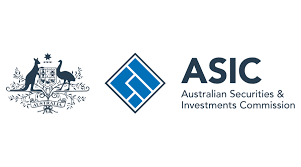
In an interesting March 18, 2024, decision, a California federal district court, applying California law, has held that insurance coverage may be available under the D&O liability endorsement to a community association policy for a claim arising from funds misdirected due to fraudulent payment instructions in a spoofed email. The court held that because the non-payment happened due to the association’s treasurer’s alleged negligence, the vendor’s claim for non-payment arose out of “wrongful acts” of the treasurer, and therefore the vendor’s claim triggered coverage. The court’s decision raises some interesting possibilities about the potential for D&O insurance coverage for these kinds of misdirected payment claims, and it also raises interesting possibilities about potential coverage for breach of contract claims.
Continue Reading Claim for Nonpayment Due to Payment Instruction Fraud Potentially Covered Under D&O Policy







